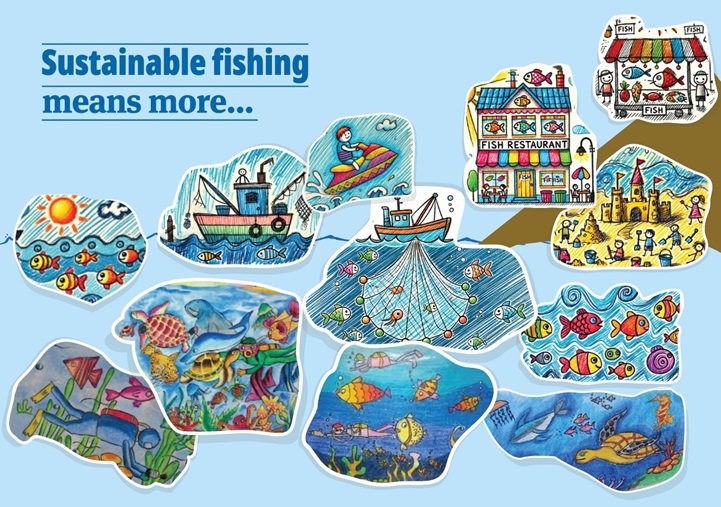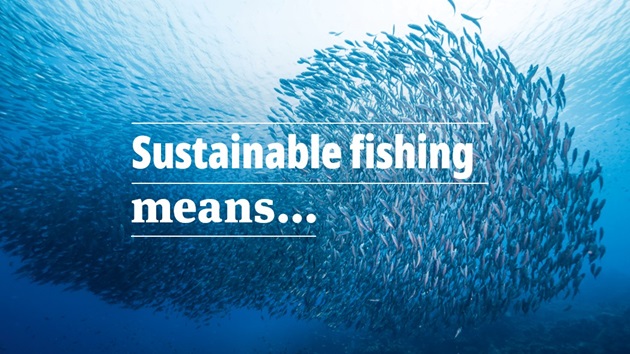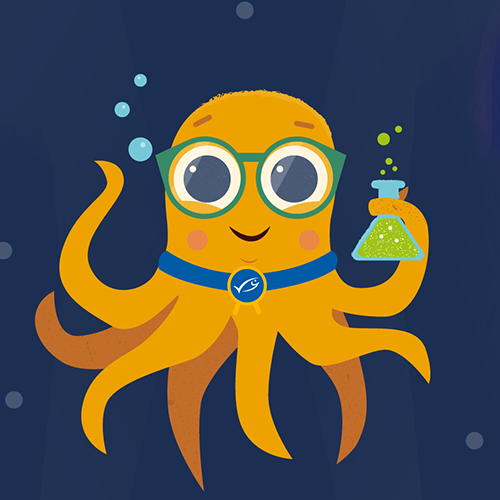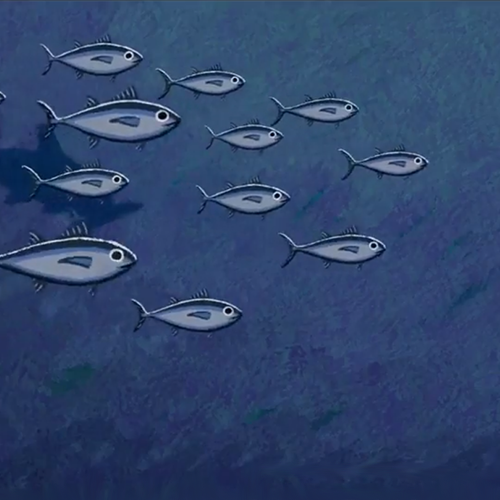Inspire the next generation in your classroom
Use our resources to show your class how sustainable fishing contributes to protecting our ocean for generations to come.
The ocean sustains our whole planet. It contributes to the air we breathe, the food we eat, the livelihoods of millions of people and so much more. And yet the health of our ocean is under threat from global warming and human activities such as overfishing.
Three things you can do to protect our ocean
- Inspire younger generations to learn more about the ocean and how they can protect it
- Promote ocean literacy in my classroom, finding ways to make the ocean relevant to the curriculum I teach and the materials I use
- Show younger generations how sustainable fishing helps protecting our ocean
New education resources
Sustainable fishing means...
more fish
*16 million tonnes
Sustainable fishing allows fish stocks to replenish themselves naturally and balances the needs of the marine ecosystem for present and future generations.more colour
more choice
Watch these short films from ocean experts and scientists with your class, and use them as a starting point to explore the importance of protecting our ocean.
After watching, you can theme a lesson around the many advantages of caring for the ocean, from preserving biodiversity to supporting food security and sustainable livelihoods.
Here are some possible questions to spark debate and reflection in your classroom:
- Why is it important to protect our ocean and the species that live in it?
- What does sustainable fishing really mean — and why is it important for the ocean, people and the planet?
- Why is biodiversity important for the health of the ocean? What could happen if we lose certain species?
- What consequences can our food choices have for the ocean?
Play our Sustainable Fishing quiz on Kahoot...
Kahoot quiz: What does Sustainable Fishing mean?
We prepared a quiz that your students can play to find out more about the ocean and the role of sustainable fishing in protecting it.
You can create a challenge for this quiz on Kahoot without needing an active Kahoot account. You can create your challenge as a guest following this link.
Build an Ocean Wall with your students
Dive into this activity with your students to co-create an Ocean Wall - a colourful collage of all the things the ocean gives us and the ways we can protect it. Through drawings, recycled materials and images, they will complete the sentence: "Sustainable Fishing means more..."
This activity will help your students to understand how sustainable fishing supports a more vibrant, abundant and healthy ocean, and to express their vision of what "more" could mean.
When your group's masterpiece is ready, share it with the world. Add your work of art to social media and tag us on Instagram and Facebook at @MSCecolabel or use the hashtag #MoreFish.
We'd love to celebrate your creativity!

Activities for younger children (under 8 years old)
Learning resources for 10-15-year-olds
If you're in Australia or New Zealand, discover a range of localised teacher and parent resources.
Read our child-friendly privacy policy



